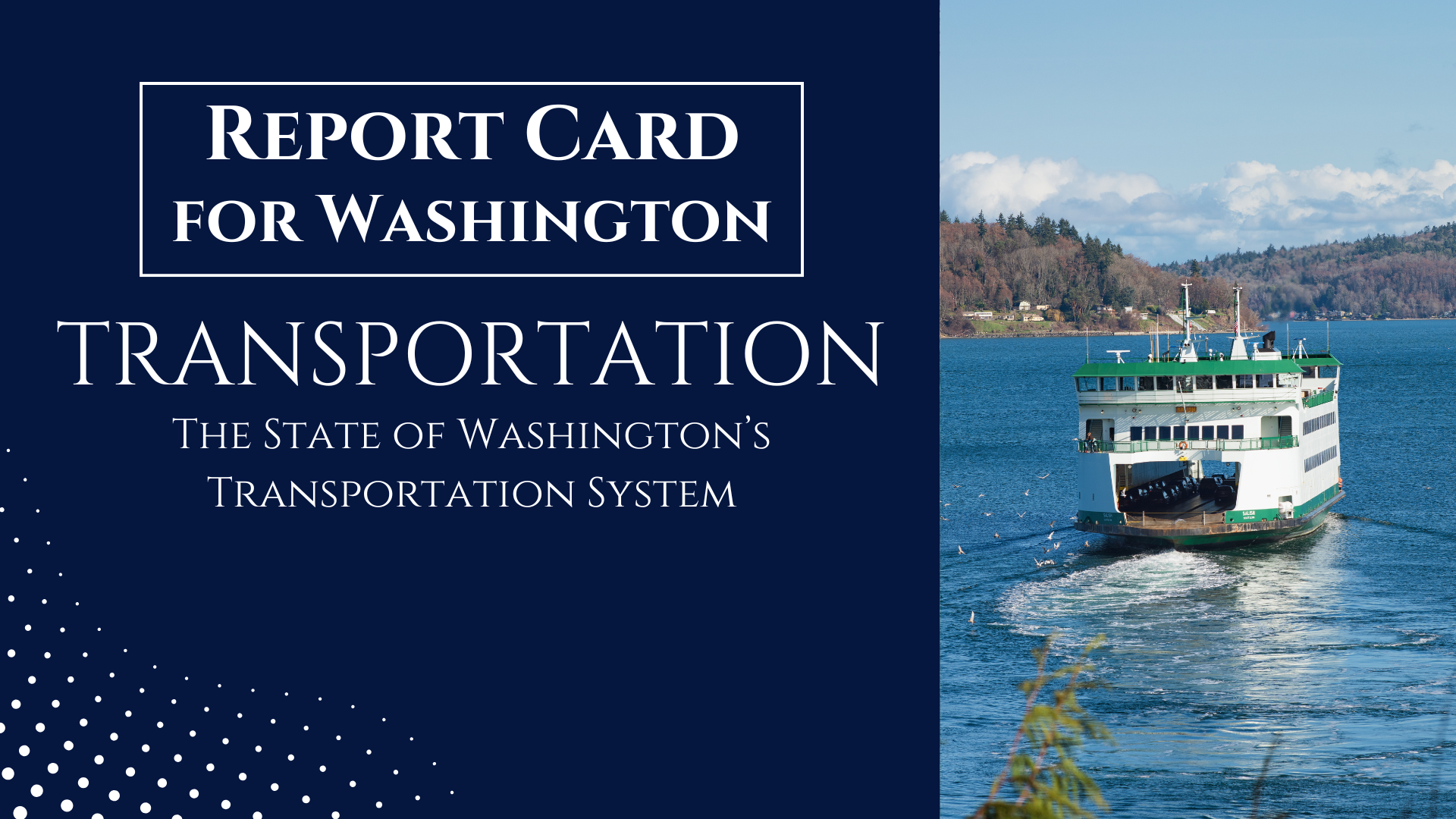Related Articles
Pierce County Judge Kathryn Nelson sided today with Sound Transit in a class action lawsuit filed on behalf of seven taxpayers in King, Pierce, and Snohomish counties who have been overcharged by Sound Transit on their annual car tabs. The entire hearing took roughly an hour and a half, with the judge concluding that the legal arguments were above her “pay grade,” as she put it, then promptly siding with Sound Transit and against taxpayers.
Joel Ard, the attorney who filed the lawsuit, argued that the inflated, MSRP-based car tab taxes Sound Transit collects were unconstitutionally written and authorized by the legislature in 2015.
As we learned during the Senate’s legislative investigation into Sound Transit in 2017 and as Ard stated, in amending the law to allow Sound Transit to collect an additional 0.8% motor vehicle excise tax on top of the 0.3% they already collect for Sound Move, the existing valuation schedule on which the tax is based had to be “spelled out” to show how it was being changed or being made inapplicable. This is laid out in Article II, Section 37 of the Washington State Constitution, which states: “No act shall ever be revised or amended by mere reference to its title, but the act shall be set forth at full length.”
Gonzaga Law Professor, David DeWolf, noted in his testimony during the legislative investigation that the purpose of Article II, Section 37 is “to ensure disclosure of the general effect of the new legislation and to show its specific impact on existing laws in order to avoid fraud or deception.” The drafted language in the authorizing bill, Engrossed Senate Substitute Bill 5987, was incomplete, as it referred to “only the entire chapter of RCW 82.44, without specifying the particular section that contained the schedule for the excise taxes.” (The outdated, repealed depreciation schedule from 1996 was RCW 82.44.041. The more modest depreciation schedule in state law is RCW 82.44.035. Sound Transit uses the repealed schedule that inflates vehicle values and allows them to take more in taxes from drivers.)
When making changes to an existing law, new language should refer to the full statute that is being changed, even if that statute is no longer in state law. Sound Transit officials chose not to do that, only referring to RCW 82.44 as it existed in 1996, with no explicit reference to the repealed section.
The lack of clarity in the authorization has lead many to think Sound Transit was intentionally obscure about the severely inflated valuation schedule they intended to use, making it difficult for either legislators or voters to understand the car tab tax that would actually be collected under Sound Transit 3. During the hearing today, Ard echoed this, saying, “You practically need a J.D. [law degree] in order to find your tax liability [due under the law authorizing Sound Transit 3].”
Judge Nelson stated that “this may be different from all previous cases because the legislature was giving authorization for a ballot initiative without specifying duties and voters got to decide and vote on this.”
Ard responded that it doesn’t matter – “initiatives have to comply with Article II, Section 37.”
The judge noted these arguments were above her pay grade and that she was doing the best with what she had. Then she denied the plaintiff’s motion for a summary judgement and granted the defendant’s (Sound Transit’s) motion for summary judgement instead.
It is shocking to see a high-profile case handled this way. You do not have to be a lawyer to know this is not above a judge’s pay grade – it is, in fact, her job to interpret and apply state laws, and the Constitution. A Washington State Supreme Court justice has just as much authority to interpret the state Constitution as a trial judge. Further, there was no rush to make a decision today. The judge could have reviewed the arguments and presented a thorough, well-reasoned written decision. Instead, a flippant judgement was made in less than two hours, without an adequate response to the legal arguments that were presented.
We will continue to track this case, as the ruling was totally unrelated to the merits of the case and could be appealed.






